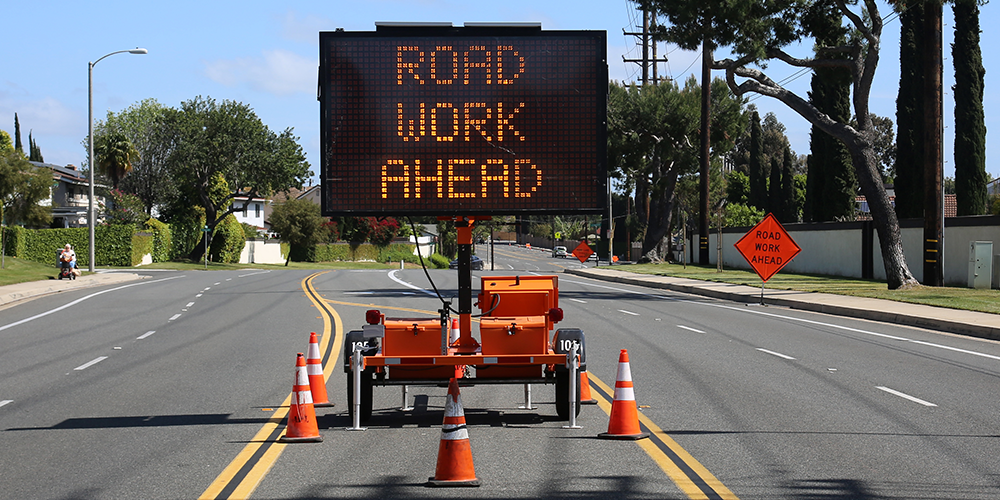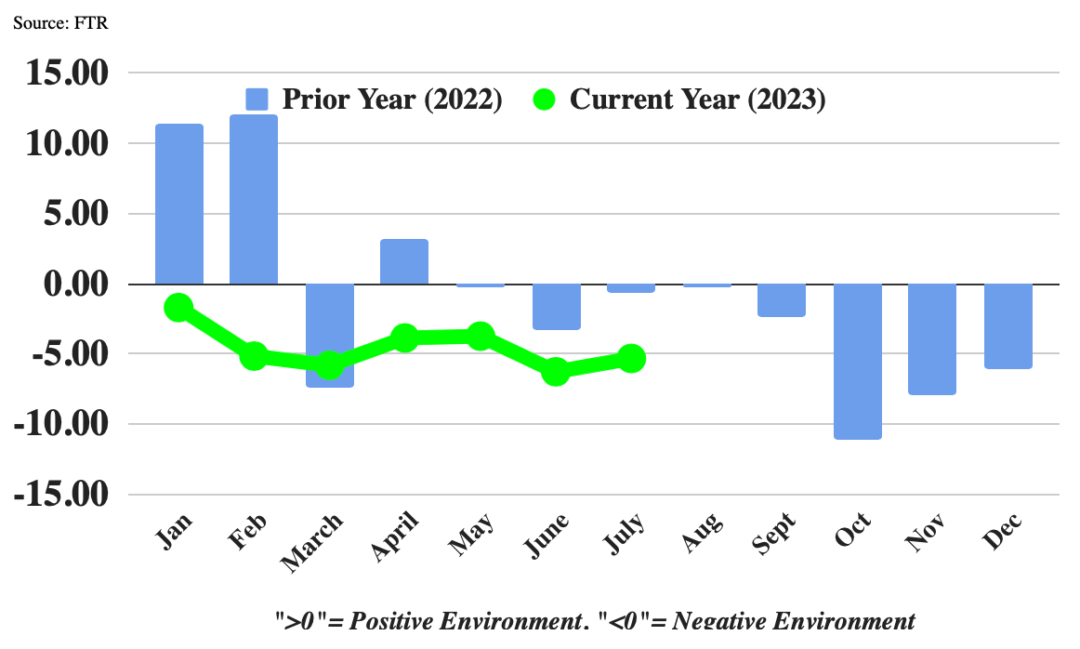Unleashing Efficiency: Challenging Semi Truck Speed Limiters
Semi trucks play a crucial role in our modern society, transporting goods across vast distances and keeping our economy moving. However, one common regulation placed upon these heavy-duty vehicles is the speed limiter. While the intention behind speed limiters is to improve road safety and reduce fuel consumption, there is a growing debate about the efficiency of these restrictions. This article explores the importance of challenging semi truck speed limiters, examines their potential to unleash efficiency, discusses the advantages and disadvantages of such challenges, and considers a balanced approach to truck speed limits.
The Importance of Challenging Semi Truck Speed Limiters
Speed limiters are devices that restrict the maximum speed of semi trucks. Supporters argue that they enhance road safety by reducing the likelihood of accidents caused by excessive speed. However, it is essential to challenge the effectiveness of these limiters to ensure optimal efficiency and productivity within the trucking industry. By removing or increasing the set speed, truck drivers can better adapt to road conditions, take advantage of passing opportunities, and maintain a constant flow of traffic, ultimately enhancing overall safety.
Moreover, challenging speed limiters can result in improved delivery times and increased efficiency. A study conducted by the American Transportation Research Institute (ATRI) found that raising the speed limiter on trucks from 65 to 73 miles per hour resulted in a 1.8% annual decrease in travel time. Considering the vast distances covered by long-haul trucks, even minor time savings can significantly impact the industry’s productivity and profitability. Therefore, challenging the status quo of speed limiters can unlock substantial benefits for both trucking companies and the overall economy.
Examining the Potential of Unleashing Efficiency
Unleashing efficiency in the trucking industry involves considering factors beyond just road safety. Speed limiters, while designed with good intentions, can inadvertently hinder the overall efficiency of the system. For instance, restricted speeds can cause congestion and traffic jams on highways, as trucks struggle to maintain a consistent pace with other vehicles. This not only leads to wasted fuel but also hampers the flow of goods and can increase delivery times.
By challenging semi truck speed limiters, the industry can explore the potential for improved fuel efficiency. Modern trucks are equipped with advanced technologies that can optimize fuel consumption based on engine performance and load capacity. By allowing trucks to run at higher speeds when conditions permit, they can better utilize these technologies and reduce the environmental impact caused by prolonged journeys. Additionally, eliminating speed limiters can also enhance driver satisfaction by allowing them more control over their vehicles and reducing the frustration of being limited by arbitrary speed restrictions.
Advancements in technology, coupled with a balanced approach to speed limits, present opportunities for the trucking industry to thrive. While road safety remains paramount, it is crucial to challenge the effectiveness of semi truck speed limiters and consider alternative solutions. Striking a balance that ensures road safety, while also fostering efficiency and productivity, can benefit not only the trucking industry but also the wider economy. By embracing this perspective and exploring new possibilities, we can unlock the full potential of our highways and pave the way for a more efficient transportation system.












